Learning English at the foot of Table Mountain
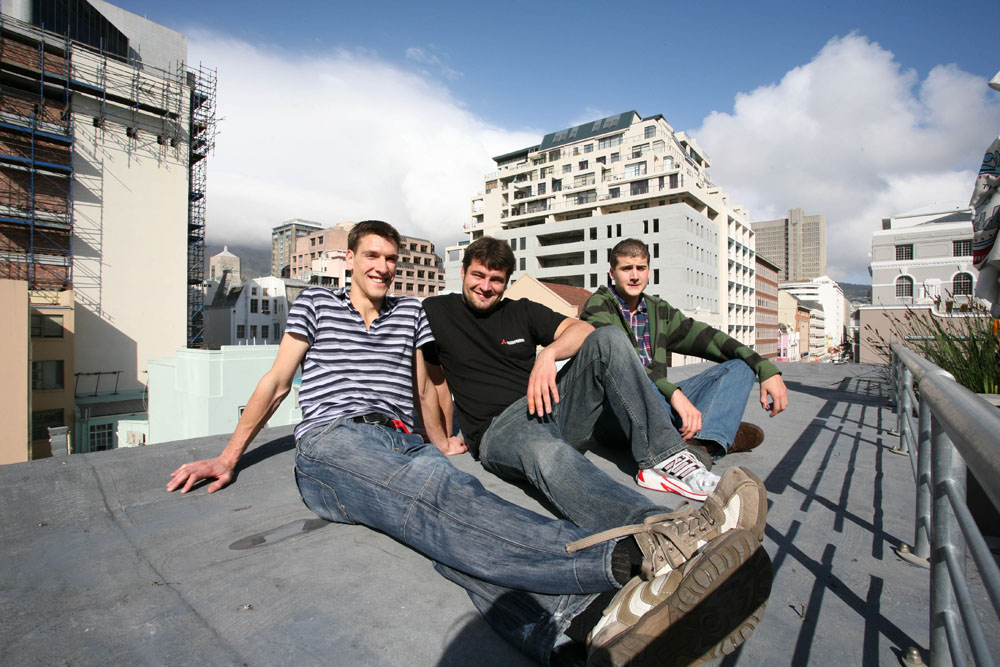
More than 20,000 Swiss go abroad every year to study English, just like Marco, Dominique and Daniel, who have spent several weeks in South Africa.
swissinfo.ch met the three students at their school in the centre of Cape Town as the country is getting ready for the football World Cup.
Marco Eberhard chose the Cape because he was keen on a new cultural experience.
“I wanted to learn about a new culture. Most people go to Britain, the United States, Australia or New Zealand,” says the 28-year old engineer in industrial management and manufacturing. He hopes to take an exam which allows him to study at a university in an English-speaking country.
Marco says he got to know many Africans from Angola or Gabon at his school and he appreciates their friendliness. He also enjoys the city and the surrounding region.
The atmosphere at the school is easy-going and the teachers are very helpful, he says. But he finds the school “not so structured. Maybe this is the influence of Africa”.
Leisure
Marco’s fellow countryman Daniel Mantegazzi, a mechanic for construction vehicles, knew the Cape from a holiday and he hopes to watch a few football matches with the Swiss team.
He shares his accommodation with 17-year-old Dominique Rinaldi, who wants to stay away from the major sports event. He much prefers the party life to football.
Dominique spent some time in New Zealand before coming to southern Africa and found the English spoken other the other side of the globe much easier to the ear.
As his six-month stay at the foot of the Table Mountain comes to an end, the young apprentice cheesemaker is philosophical. “It’s cool to travel. Switzerland is small but the world is big.”
Eurocentres
Howard Johnson, director of the Eurocentres school in Cape Town, confirms that many of the students look for the exotic atmosphere.
“The wildlife is a big draw,” he says.
Many students also combine the language course with other projects.
“They come to do volunteer work with a community or on game farms once they have finished their language studies,” he says. They might get involved in orphanages, Aids prevention or building houses.
Another attraction of Cape Town is the lower school fees and price for accommodation with host families, which compares favourably with traditional language school destinations in Europe or in North America.
Eurocentres Cape Town has about 500 to 600 students a year, mainly from Brazil, West Africa and incresingly from Saudi Arabia.
The 30-40 Swiss who come here every year make up a small group, but there is another connection to the alpine country.
Eurocentres was founded by a Swiss and the school uses a learning system which was developed in Switzerland over the past 60 years. Students do two hours of grammar and get to practise spoken English in the classes in the morning. The afternoons are set aside for special courses to prepare for exams or other activities.
World Cup
Johnson says the high hopes of the language schools in Cape Town to attract more people for the World Cup were dashed.
“We had a decline in bookings, mainly because prices for accommodation and air fares went up.”
It is hard to win new clients among the football fans, because the matches are played around the country. Others potential students who might be interested in coming after the World Cup wrongly assume there are too many tourists around, says Johnson.
Still World Cup fever has reached the classrooms of Eurocentres. “Of course we make the students talk about the event and it was a big topic at the international day we held recently,” he says.
Minibus taxi
All three Swiss students agree that one of the most memorable experiences in their daily life is taking the minibus taxis of Cape Town.
They drive around the city and a ride costs just five rand – about SFr0.70. As a rule the white vans set off once every seat is taken and passengers can ask the driver to stop wherever they need to get off.
“Sometimes the taxis are really crowded and the driver has to stop every couple of metres to pick up more passengers or let others out,” says Daniel.
All three students are obviously aware of the stories about crime and poverty in Africa. “This is the downside of life on this continent,” says Marco.
But none of them has had a bad experience.
“Touch wood,” say Dominique and Daniel together.
Urs Geiser in Cape Town, swissinfo.ch
An estimated 40,000 Swiss go abroad every year to attend language courses.
English courses account for more than 60% ahead of Spanish and French.
Britain is the most popular destination, followed by the US, Australia, France and Canada, according to figures by the Swiss Association of Language Travel Agents (Salta).
Eurocentres in Cape Town opened in 2006 and has about 500-600 students a year.
Eurocentres is a member of the Swiss-based Federation of Migros Cooperatives.
It operates more than 30 schools on five continents.
The first school was set up on England’s south coast in 1948 making it the oldest of the top five international language schools and agencies.

In compliance with the JTI standards
More: SWI swissinfo.ch certified by the Journalism Trust Initiative

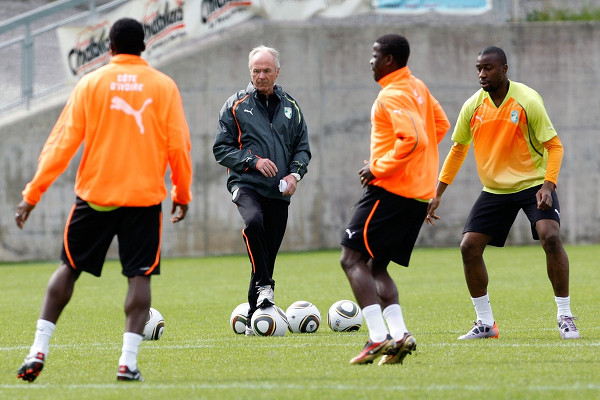
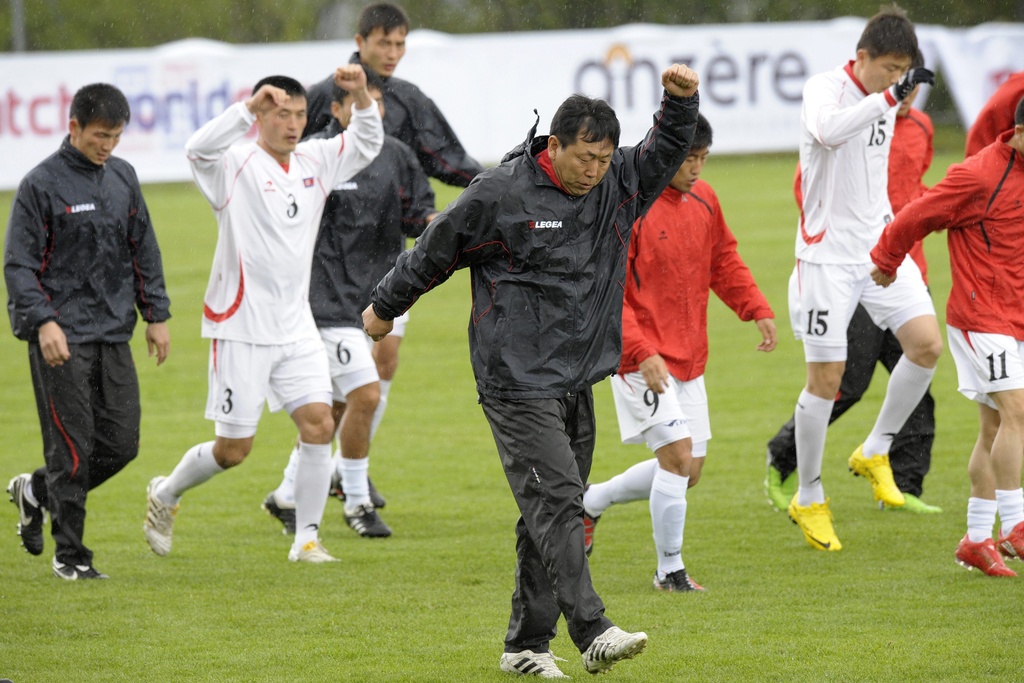
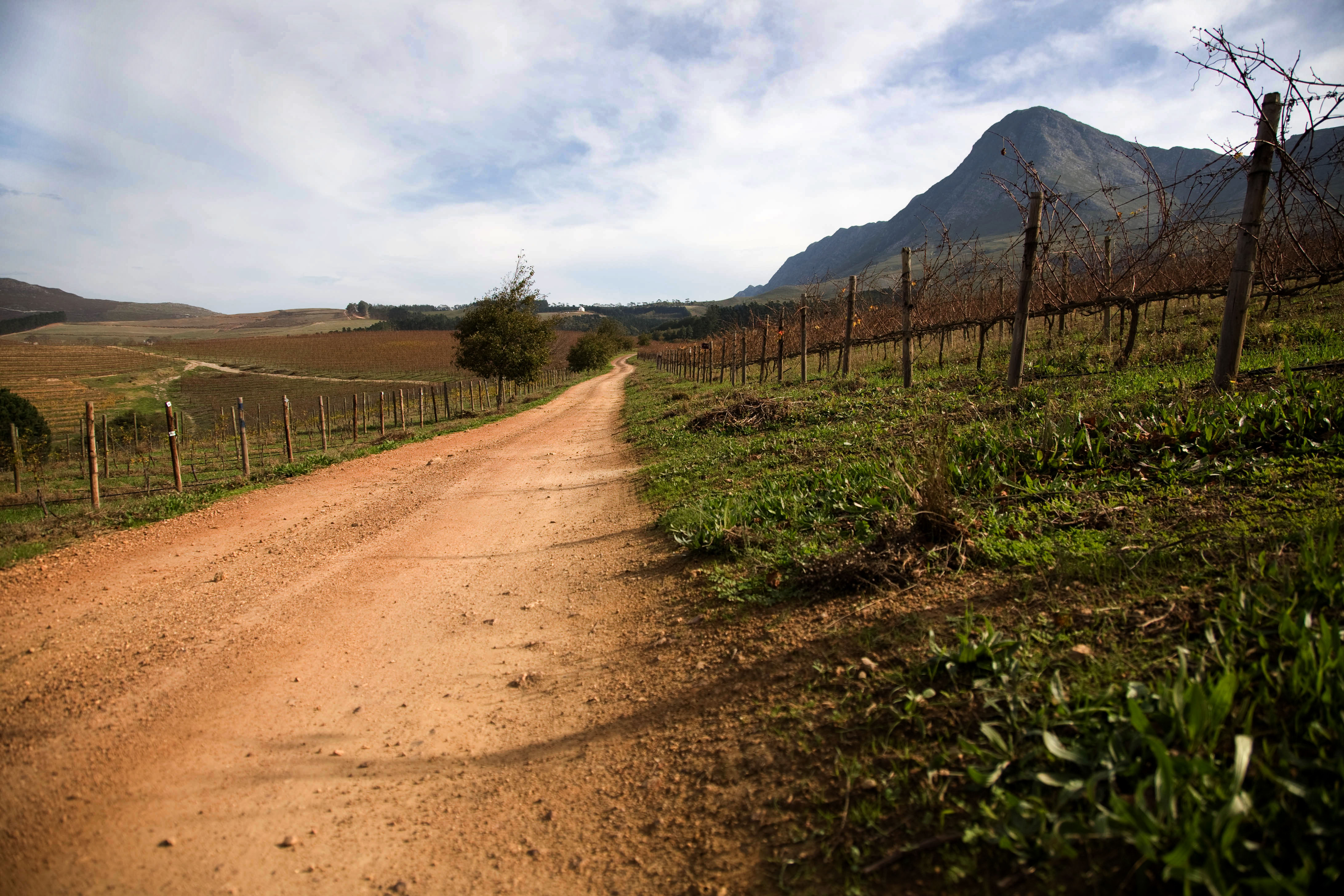
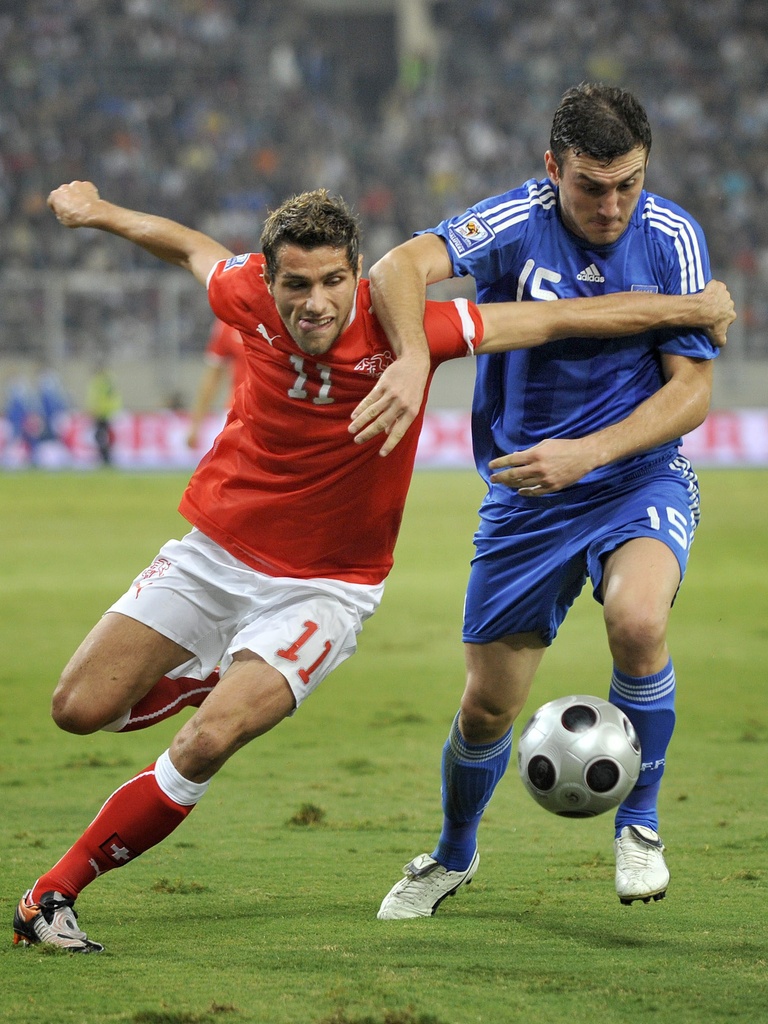
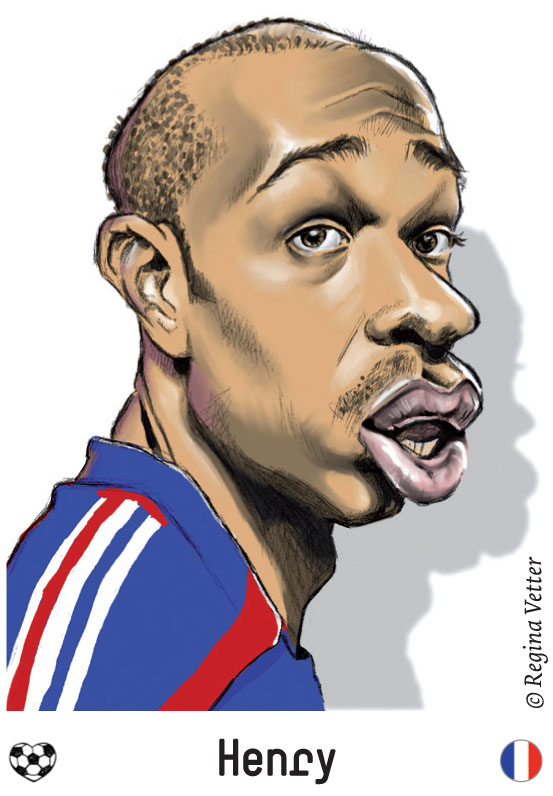
You can find an overview of ongoing debates with our journalists here. Please join us!
If you want to start a conversation about a topic raised in this article or want to report factual errors, email us at english@swissinfo.ch.